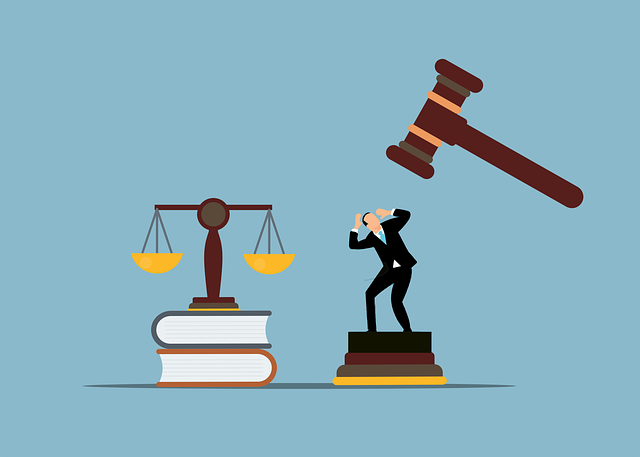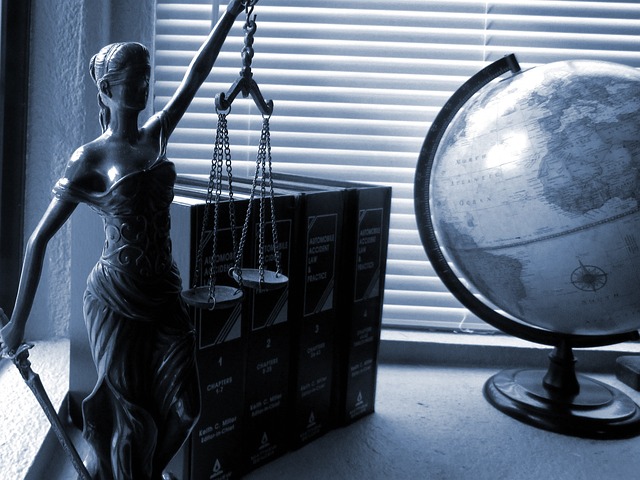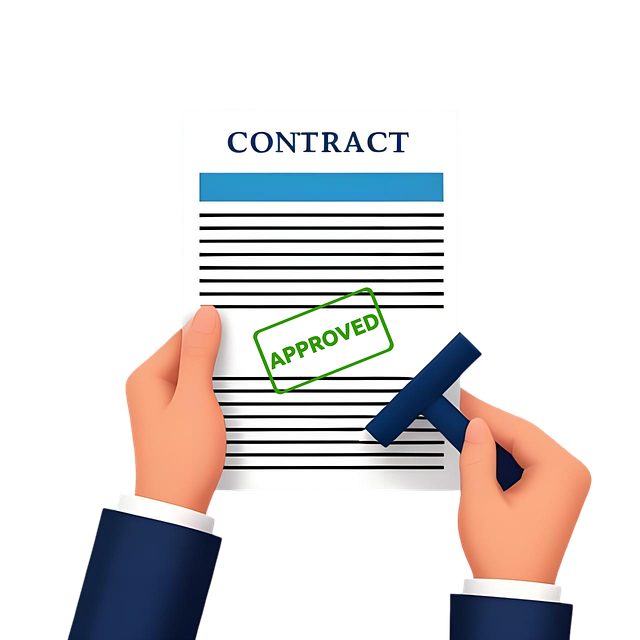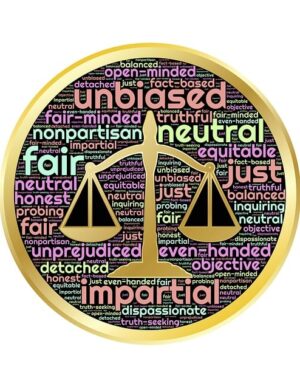The UK's regulatory framework now includes provisions for professional legalised translation services, mandating high-quality standards to facilitate clear communication across language barriers. These services are regulated to align with stringent quality norms as dictated by both national legislation and EU directives. Translators must be accredited by bodies such as the Association of Translation Companies (ATC) or the Institute of Translation & Interpreting (ITI), or by official authorities, and their translations are subject to certification, which involves an official stamp or seal attesting to both precision and the translator's expertise. The UK's Legalisation Service further endorses these translations for international recognition, especially within EU countries post-Brexit. Legalised Translation Services UK are indispensable for individuals and organizations dealing with legal documents that require a legal standing equivalent to the original in various jurisdictions. These services ensure accuracy and compliance with legal standards, taking into account cultural nuances, and are integral for court cases, immigration applications, and other official matters. They provide a cost-effective solution by integrating advanced translation technologies with human expertise, making them a critical asset for anyone requiring legal documents to be legally binding in multiple countries. The UK's commitment to document integrity through these services fosters trust and clarity in international legal dealings.
navigating the complexities of legal processes often necessitates precise documentation. In the UK, where legal proceedings and administrative tasks frequently require accurate translations, legalised translation services play a pivotal role. This article delves into the intricacies of these services, elucidating their importance, the regulatory framework governing them, and how to obtain them affordably. We will explore the nuances between certified and legalised translations, the processes involved in the UK, and strategies for identifying trustworthy service providers. With a focus on cost-effective solutions across various language pairs, this guide aims to support individuals and organisations alike in maneuvering through the system with confidence. Additionally, we will present case studies highlighting the successful integration of legalised translation services within legal proceedings, underscoring their indispensable nature in the UK’s legal landscape.
- Understanding the Necessity of Legalised Translation Services in the UK
- The Legal Framework Governing Translations for Legal Use in the UK
- Key Differences Between Certified and Legalised Translations
- Navigating the Process of Obtaining a Legalised Translation in the UK
- Identifying Reliable Legalised Translation Providers in the UK Market
- The Role of the Home Office and Embassies in Legalised Translation Authentication
- Cost-Effective Solutions for Legalised Translations Across Different Language Pairs
- Case Studies: Successful Use of Legalised Translation Services in Legal Proceedings
Understanding the Necessity of Legalised Translation Services in the UK

The Legal Framework Governing Translations for Legal Use in the UK

In the United Kingdom, the legal framework governing translations for legal use is stringent and designed to uphold the integrity and accuracy of all translated documents within the judicial system. Legalised translation services in the UK are mandated to adhere to specific regulations to ensure that their translations meet the high standards required for legal purposes. These services must comply with the European Union’s Directive on the Recognition of Qualifications, which stipulates that translations for official use be carried out by a translator who is either a member of a relevant professional body or accredited by an official authority. Additionally, translators must ensure their work is accurate and faithful to the original text. The UK’s legalisation process involves certifying the translation and often the translator’s qualifications, which is done by attaching an official stamp or seal to the document. This certification verifies that the translated content matches the source document and that the translator is a certified professional with the necessary expertise and authority to perform such translations. The Association of Translation Companies (ATC) and Institute of Translation & Interpreting (ITI) are two professional bodies whose members are widely recognised for their proficiency in legalised translation services within the UK.
Furthermore, the UK’s legal framework also encompasses the Language Services Professional Group (LSPG), which provides guidance on best practices and standards for translators working with legal texts. The LSPG works in conjunction with the Ministry of Justice to ensure that all translated documents for legal use are handled with the utmost care and professionalism. This includes adherence to data protection laws, such as the General Data Protection Regulation (GDPR), which governs the handling of personal information within translations. Legalised translation services in the UK must also be aware of specific legislation that may apply to certain types of legal documents, such as the Companies Act 2006 for corporate records and the Land Registration Act 2002 for property-related documents. By operating within this comprehensive legal framework, legalised translation services in the UK provide assurance that translations used in legal settings are both accurate and legally sound, thus safeguarding the interests of all parties involved.
Key Differences Between Certified and Legalised Translations

When engaging with legal documents that require translation, it is crucial to understand the differences between certified and legalised translations, especially within the UK context. Certified translations are official translations confirmed by a qualified human translator and come with a signed statement of accuracy. This statement often includes a disclaimer about the translator’s liability in case of discrepancies when compared to the original document. These translations are suitable for a variety of uses, including academic records or corporate documents, where verification of translation quality is necessary.
On the other hand, legalised translations go beyond certification; they are endorsed by a relevant authority or embassy after the certified translation process. This endorsement is essential for official use, such as when submitting documents to government agencies or courts in the UK. Legalised translation services in the UK are specifically tailored to meet the stringent requirements of different countries’ legal systems. They involve an additional step where the translated document, along with the original text, is stamped and certified by a legal authority, such as the Foreign, Commonwealth & Development Office (FCDO) for UK documents or the relevant consulate or embassy for foreign documents. This dual validation process ensures that the translation meets international legal standards and is widely accepted across borders. When seeking legalised translation services in the UK, it’s advisable to work with experienced professionals who specialise in such translations to ensure all legal requirements are met.
Navigating the Process of Obtaining a Legalised Translation in the UK

In the United Kingdom, navigating the process of obtaining a legalised translation can be a meticulous task for individuals and businesses alike. Legalised Translation Services UK play a pivotal role in this domain, offering expertise that ensures translations meet the stringent requirements set forth by both domestic and international regulations. The first step in this process is to engage with an authorised translator who specialises in legal documents; these professionals are adept at converting legal texts from one language to another while upholding the original meaning and legal context. Once the translation is complete, it must be stamped and certified by a designated UK solicitor or notary public to verify its authenticity. Following this, the translated document must undergo legalisation at the Legalisation Office of the Foreign, Commonwealth & Development Office (FCDO), which is a crucial step for international recognition. For those requiring translations for use abroad, especially within the European Union after Brexit, the UK’s Legalisation Service ensures that the necessary endorsements are in place, facilitating acceptance by foreign authorities. Utilising reputable Legalised Translation Services UK streamlines this process and provides peace of mind, knowing that all legal nuances have been accurately addressed and that the document will be legally recognised in its intended destination.
Identifying Reliable Legalised Translation Providers in the UK Market

Navigating the UK market for reliable legalised translation services is a critical task for individuals and organisations alike who require precise translations for legal purposes. With the increasing importance of cross-border transactions and global communication, the demand for official documentation to be accurately translated has grown significantly. Legalised translation services in the UK are distinct due to their compliance with both domestic and international legal standards. These services go beyond mere language translation; they involve the certification and legalisation of translations to ensure they carry the same weight as the original document in a court of law or before any government department.
When searching for trusted providers of legalised translation services UK, it is imperative to consider their accreditation, expertise in legal translations, and their understanding of specific legal contexts. Top-tier providers are often authorised by relevant authorities, such as the Home Office or other official bodies, ensuring that their translations meet stringent quality standards. Additionally, these service providers should have a proven track record, evidenced by past client testimonials and successful cases where their translations stood up to legal scrutiny. By choosing a provider with a strong reputation for accuracy and reliability, clients can be confident that their legal documents will be translated and legalised correctly, thereby avoiding potential legal issues down the line. It is advisable to conduct thorough research, read client reviews, and compare services to identify a provider that not only meets your immediate needs but also offers consistent quality for any future legal translation requirements you may have.
The Role of the Home Office and Embassies in Legalised Translation Authentication

In the context of legal proceedings, the accuracy and authenticity of documents are paramount. The Home Office in the United Kingdom plays a pivotal role in this domain, particularly with its stipulations on legalised translation services. When translations are required for official purposes, such as court cases or immigration applications, these translations must undergo a formal process known as legalisation. This process involves verifying the identity of the translator and ensuring that the translation is a true and faithful representation of the original document. The Home Office’s involvement ensures that the translated documents carry the same legal weight as their originals, thereby facilitating seamless interactions across jurisdictions within the UK and internationally.
Simultaneously, British embassies and consulates abroad also contribute significantly to the legalised translation services ecosystem. They offer guidance on the legal requirements for documents to be used in the UK when the original document is issued in a different country. These diplomatic missions authenticate the signature and seal of the authorised translator, often by attesting the translated document before it is then forwarded to the Home Office for further legalisation. This collaborative process between the Home Office and foreign embassies ensures that individuals and organisations can navigate international legal requirements with greater ease and confidence, thereby upholding the integrity of official documents in a global context. Legalised translation services UK thus stand as a testament to the country’s commitment to maintaining high standards of document authenticity for legal purposes.
Cost-Effective Solutions for Legalised Translations Across Different Language Pairs

In the realm of legal documentation, precision and accuracy are paramount, making the need for reliable legalised translation services indispensable, especially in multilingual environments or when operating within diverse regions like the UK. Legalised translation services in the UK cater to a wide array of language pairs, ensuring that all translations not only meet the required legal standards but also resonate with the cultural nuances inherent to each source and target language. These services are instrumental for entities such as law firms, corporate clients, and individuals dealing with international legal matters, who require documents to be legally recognised in both the originating and receiving jurisdictions. The cost-effective solutions provided by these services are a testament to their efficiency, eradicating the need for multiple translations or intermediary verifications that can inflate costs. By leveraging advanced translation technologies and skilled linguists, these UK services offer a seamless process for legalised translations across different language pairs, ensuring documents such as contracts, certificates, and agreements are legally binding in their intended contexts without the burden of exorbitant expenses. This not only facilitates smooth international transactions but also upholds the sanctity of legal agreements, thereby safeguarding all parties involved.
Case Studies: Successful Use of Legalised Translation Services in Legal Proceedings

In conclusion, the necessity for precise and legally recognised translations within the UK is paramount for individuals and entities navigating the legal system. The UK’s stringent legal framework for translations ensures that every document is accurately represented in the target language, maintaining the integrity of legal processes. Whether one is dealing with Certified or Legalised Translations, understanding their distinctions is crucial for effective legal communication. Prospective clients can streamline the process of obtaining these documents by identifying trustworthy providers of Legalised Translation Services UK-wide. With a variety of service options available, cost-effectiveness without compromising on quality is achievable, even when translating across less commonly spoken language pairs. The Home Office and foreign embassies play an integral role in the authentication process, lending credibility to these translations. Case studies illustrate the successful application of such services in legal proceedings, underpinning their value in the UK’s multicultural legal landscape. For anyone requiring Legalised Translation Services UK-wide, it is advisable to engage with professionals who specialise in this field, ensuring your legal documents are accurately and legally endorsed.
